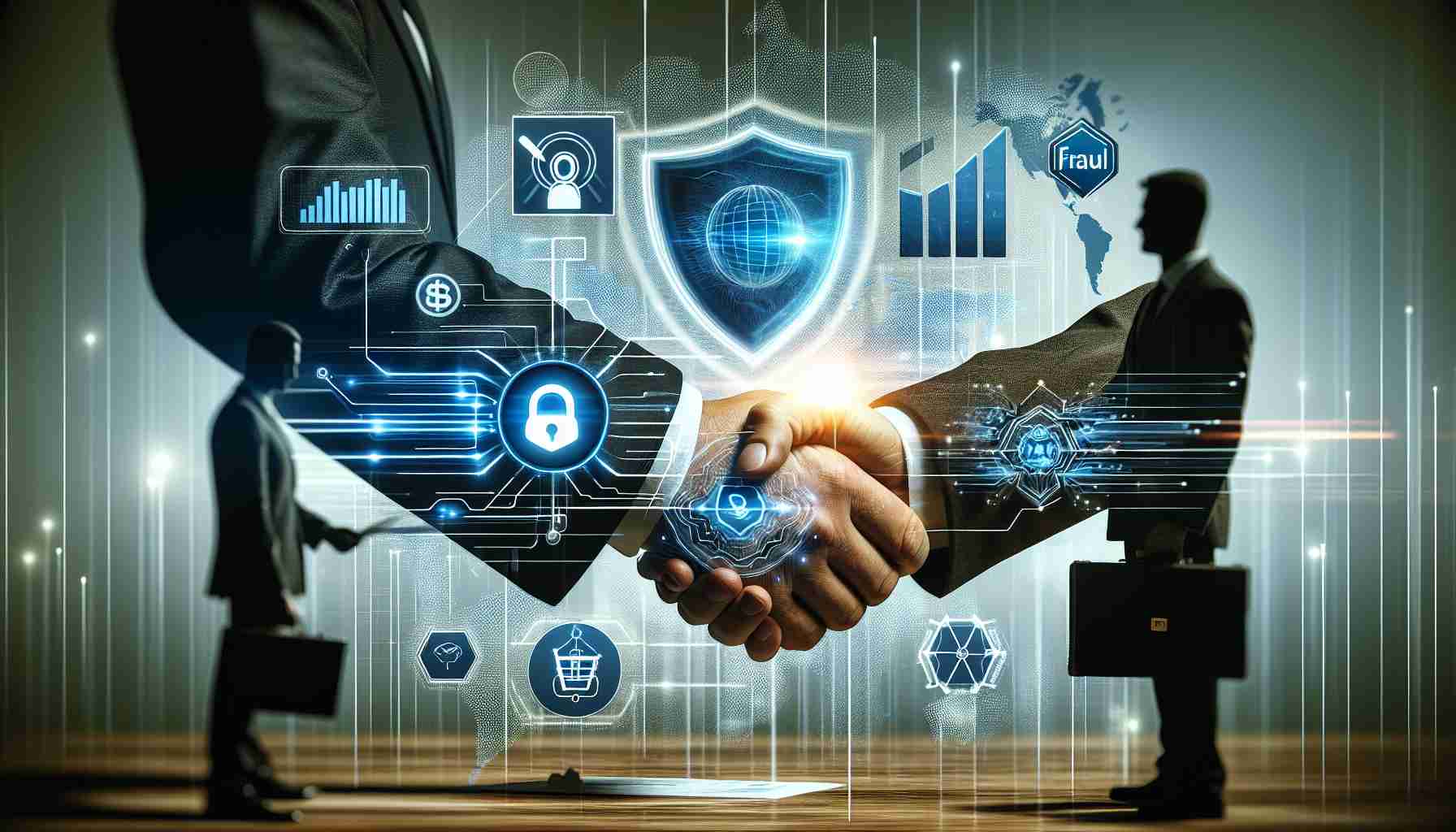In a significant move to bolster its security measures, Visa has announced the acquisition of Featurespace, a company renowned for its innovative fraud detection technology. This strategic decision comes in response to the escalating challenges of digital fraud in today’s rapidly evolving online landscape.
The partnership aims to provide enhanced protection for Visa’s customers, reinforcing its commitment to safeguarding transactions and personal data against fraudulent activities. By integrating Featurespace’s advanced analytics into its existing systems, Visa seeks to offer a more robust defense mechanism to counteract the rising instances of cybercrime.
Experts believe that the integration of Featurespace’s technology will enable Visa to better identify and predict fraudulent behavior, ultimately leading to a more secure transaction environment for users. As digital payments continue to grow, so does the need for advanced security measures, and Visa is taking proactive steps to address these demands.
This acquisition is expected to be finalized within the current fiscal year, marking a crucial step in Visa’s ongoing efforts to innovate its fraud prevention strategies. In an era where digital transactions are becoming increasingly prevalent, such enhancements are vital for maintaining customer trust and ensuring safe financial practices. By investing in advanced technological solutions, Visa is not only fortifying its defenses but also setting a precedent for the industry as a whole.
Essential Tips and Life Hacks for Online Security
As digital transactions become an integral part of our daily lives, ensuring the security of our personal data and financial information is more critical than ever. With major companies like Visa taking proactive steps to enhance their security measures, it’s important for individuals to also adopt best practices for online safety. Here are some tips, life hacks, and interesting facts to help you stay secure online.
1. Use Strong and Unique Passwords
One of the simplest yet most effective ways to protect your online accounts is by using strong, unique passwords for each service. Avoid using easily guessable information, such as birthdays or common words. Consider using a password manager to generate and store complex passwords securely.
2. Enable Two-Factor Authentication
Many online services offer two-factor authentication (2FA), adding an extra layer of security. When logging in, you’ll need to provide not only your password but also a second piece of information, such as a code sent to your phone. Always enable 2FA wherever possible.
3. Stay Informed About Phishing Scams
Phishing is a common tactic used by cybercriminals to steal personal information. Be cautious when clicking links in emails or text messages, especially if they seem suspicious or come from unfamiliar sources. Always verify the sender’s identity before providing any information.
4. Regularly Monitor Your Accounts
Keep a close eye on your bank and credit card statements. Report any unauthorized transactions immediately to your financial institution. Catching these discrepancies early can help prevent long-term damage.
5. Update Your Software
Keeping your devices and software up to date is crucial for security. Many updates include patches for vulnerabilities that hackers could exploit. Set your devices to update automatically to ensure you’re always protected without having to think about it.
6. Familiarize Yourself with Secure Websites
When shopping or entering sensitive information online, ensure that the website is secure. Look for URLs that begin with “https://” and have a padlock icon in the address bar. This indicates that the site uses encryption to protect your data.
7. Use Secure Wi-Fi Connections
Avoid using public Wi-Fi for sensitive transactions, as these networks can be insecure. If necessary, use a Virtual Private Network (VPN) to encrypt your connection and protect your data from prying eyes.
Interesting Fact: Did you know that cybercrime is projected to cost the world $10.5 trillion annually by 2025? This staggering figure highlights the importance of implementing strong security measures to protect both personal and organizational data.
8. Educate Yourself About Data Privacy Policies
Before registering on any platform, take a moment to read through its privacy policy. Understanding how your data will be used and protected can help you make informed decisions about where to share your information.
As companies like Visa work hard to enhance their security frameworks and protect consumers, making small adjustments in your online habits can greatly improve your own safety. For more tips and insights on digital security, be sure to explore additional resources at Visa. Adopting these practices can not only safeguard your information but also enhance your overall confidence in the digital landscape.






















